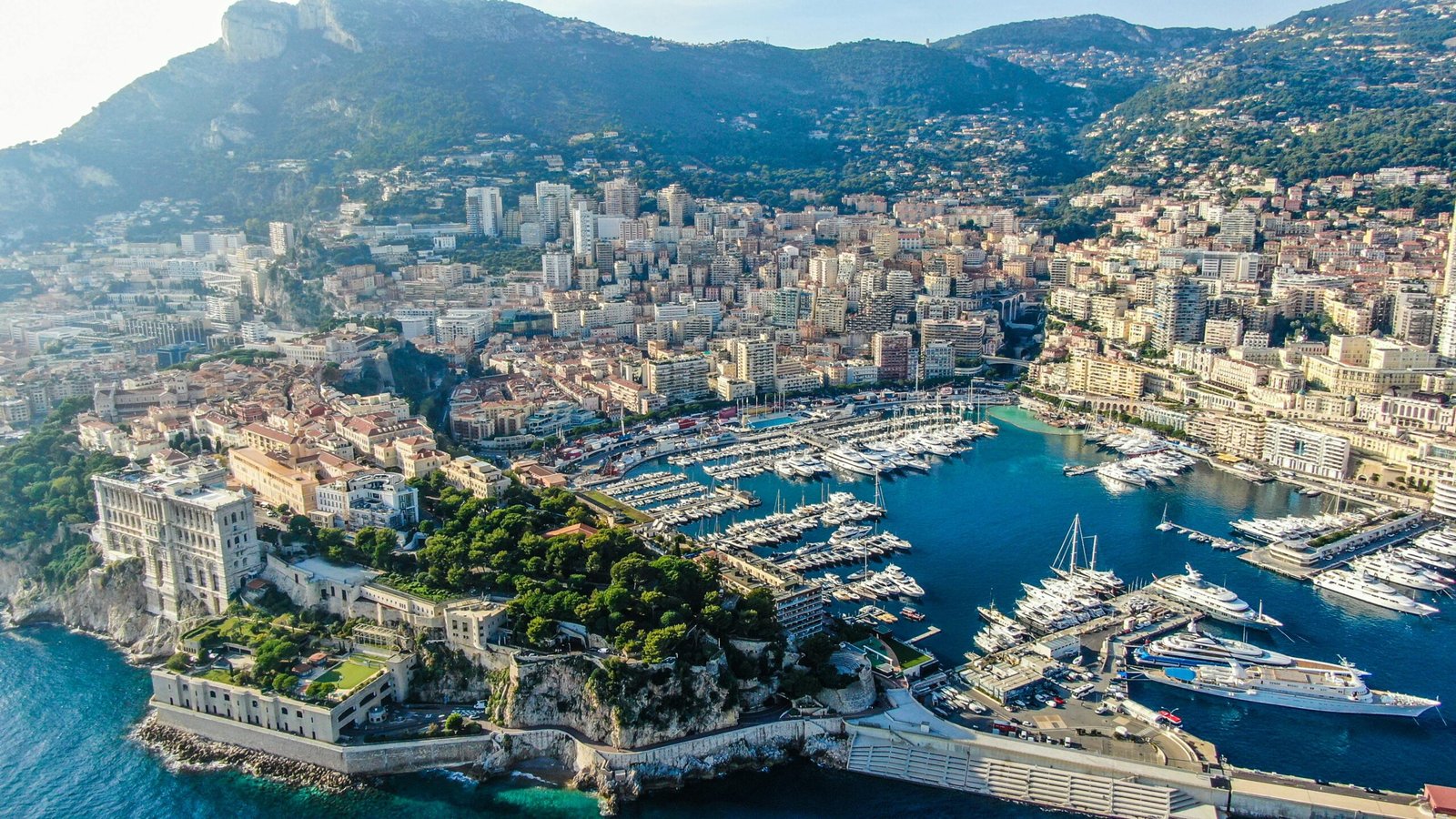Perched on the sun-kissed French Riviera, Monaco occupies just two square kilometres yet commands an outsized reputation as Europe’s quintessential tax haven. From Formula 1 drivers to tech founders, high-net-worth individuals flock here for a blend of fiscal perks, elite networking, and an enviable Mediterranean lifestyle. This article unpacks the concrete benefits of relocating to the Principality, the legal requirements for residency, and how entrepreneurs can leverage Monaco’s unique ecosystem to safeguard and grow their wealth.
1. The Fiscal Advantage
1.1 Zero Personal Income Tax
Since 1869, Monaco has charged no personal income tax on residents who are neither French nationals nor subject to French tax treaties. Earn €10 million in dividends? Your personal tax bill in Monaco: €0.
1.2 No Capital-Gains and Wealth Taxes
Unlike many EU jurisdictions that levy 0.5–2 % annual wealth taxes or 20–30 % capital-gains taxes, Monaco takes none—allowing portfolios to compound unhindered.
1.3 Inheritance and Gift Tax Nuances
Direct heirs (spouse, children) pay 0 % on inheritances; more distant relatives incur 8–16 %. Savvy estate planners often establish Monaco family offices to optimise inter-generational transfers.
1.4 Corporate Tax Landscape
• General rule: 0 % corporate tax.
• Exception: If more than 25 % of turnover is earned outside Monaco, a 25 % corporate tax applies—still competitive versus France (25 %) or Germany (15 % + trade tax).
• VAT: Monaco mirrors France’s 20 % standard rate but refunds apply for exports.
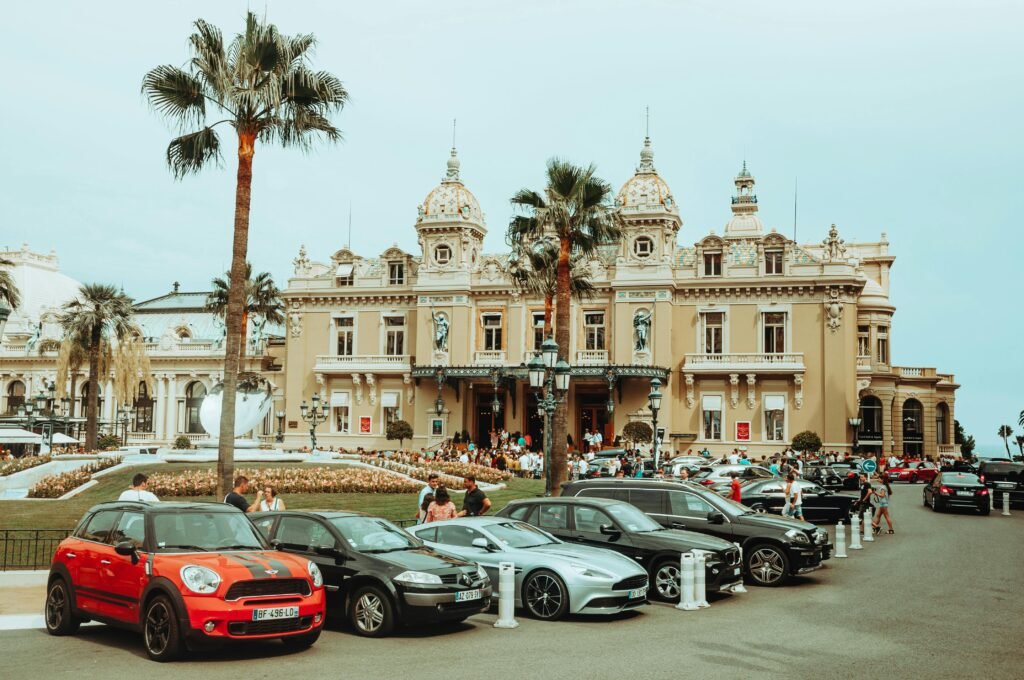
2. Residency Pathways
2.1 “Carte de Séjour” (Temporary Residency)
Eligibility basics
- Accommodation: Own or lease property ≥30 m² per adult resident.
- Financial sufficiency: Show bank letter confirming ≥€500 000 balance (private-bank norms) OR employment contract with a Monaco firm.
- Clean record: Provide police certificates for the past five years.
- Presence: Reside ≥90 days per year in Monaco.
Processing time averages eight weeks; the card is renewable annually for the first three years, then every three years.
2.2 Permanent Residency (“Carte de Résident Ordinaire”)
After 10 years of continuous temporary residency, you may apply for a 10-year card—often a prelude to citizenship (rarely granted, highly discretionary).
2.3 Fast-Track Options for Entrepreneurs
• Setting up a local company employing ≥10 staff can accelerate residency by demonstrating “economic benefit” to the Principality.
• Significant cultural or philanthropic contributions (e.g., funding Monaco Oceanographic Institute) sometimes prompt expedited approvals.
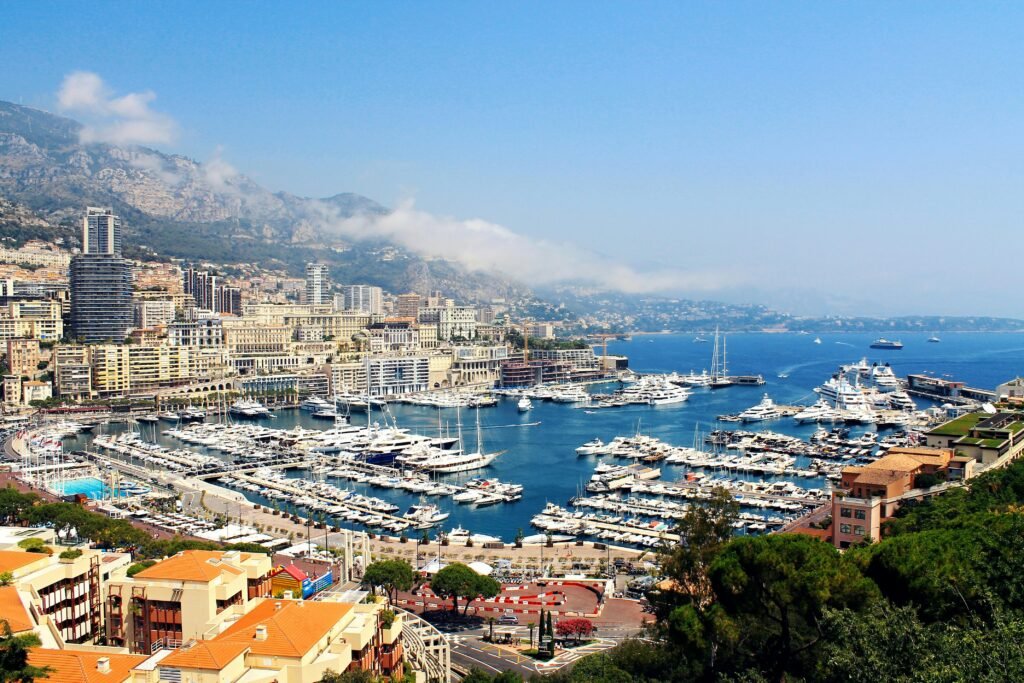
3. Cost of Entry
| Item | Typical Range (€) | Notes |
|---|---|---|
| One-bed apartment | 3–4 M | ~50 m², Fontvieille district |
| Three-bed seaview | 10–14 M | Monte Carlo/Carre d’Or |
| Lease (1 bed) | 6 000–9 000 / month | Limited supply, multi-year contracts common |
| Bank deposit | 500 k – 1 M | Depends on profile |
| Professional fees | 20 k – 50 k | Lawyers, notaries, bank onboarding |
Bottom line: Expect entry costs north of €1 million—yet many view it as a one-time “tax” that pays for itself within a few high-income years.
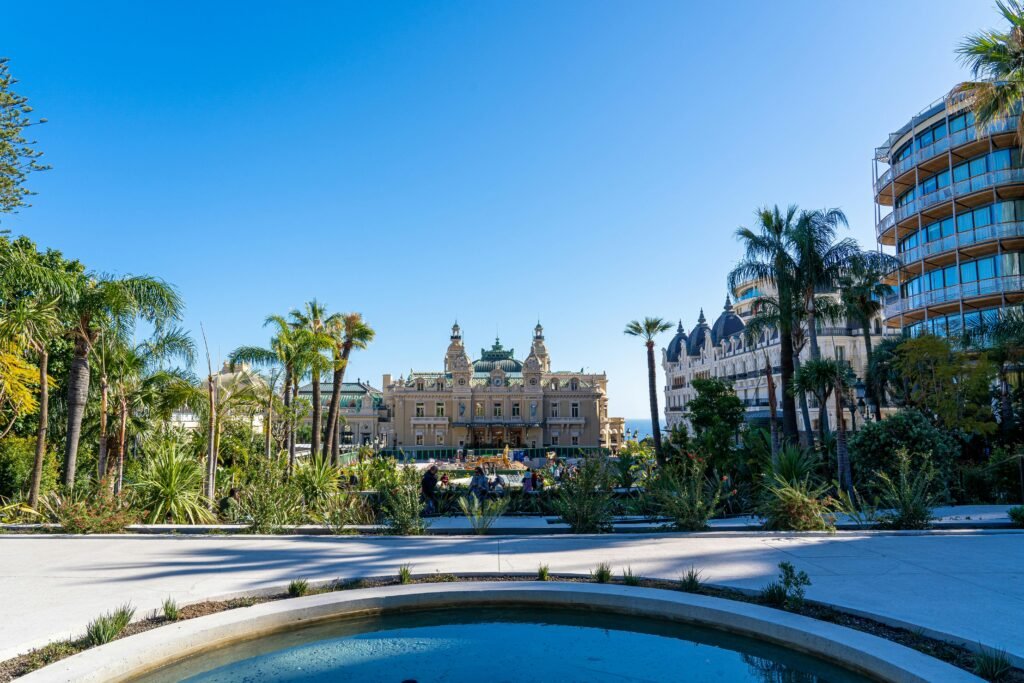
4. Strategic Advantages Beyond Tax
4.1 Global Networking Hub
• Home to 700+ ultra-high-net-worth residents; casual yacht-club encounters can morph into seed-funding rounds.
• Annual events like the Monaco Yacht Show and Grand Prix attract Fortune 500 CEOs and VC titans.
4.2 Political and Economic Stability
Monaco’s AAA credit rating, tight banking regulation, and 150-year tax continuity offer predictability seldom matched elsewhere.
4.3 Security & Lifestyle
Boasting one police officer per 100 residents and pervasive CCTV, Monaco records virtually zero street crime. Add Michelin-star dining, elite schools, and year-round sunshine, and physical wellbeing aligns with fiscal health.
4.4 Proximity to EU Markets
Though not an EU member, Monaco’s customs union with France grants fluid access to the single market—Nice Airport’s 7-minute heli-shuttle places most European capitals within three hours.

5. Common Industries & Profiles
| Sector | Typical Resident Profile | Why Monaco? |
|---|---|---|
| Finance & Hedge Funds | London or Zürich ex-pat partners | Protect performance fees from UK/Swiss tax drags |
| Tech Founders | Post-exit entrepreneurs (SaaS, fintech) | Capital-gains shield, networking for next venture |
| Motorsport & Yachting | F1 drivers, superyacht brokers | Zero income tax on sponsorships, event proximity |
| Real Estate Investors | Pan-EU property portfolios | No wealth tax, inheritance advantages |
| Family Offices | Multigenerational wealth stewards | Political stability, secure banking, private schools |

6. Compliance & Pitfalls
6.1 Genuine Residence Requirement
EU tax authorities scrutinise “paper moves.” Maintain real presence: mobile phone logs, utility bills, club memberships.
6.2 Exit Tax Considerations
Some countries (e.g., France, Spain) levy exit taxes on unrealised capital gains upon departure. Plan timing and valuations carefully.
6.3 Corporate Substance Rules
Running EU sales through a Monaco entity may still trigger taxes where customers reside; ensure transfer-pricing aligns with OECD guidelines.
7. Case Study: Tech Exit to Tax Optimisation
In 2023 a 38-year-old German SaaS founder sold his CRM start-up for €40 million. By establishing Monaco residency six months before closing—after satisfying exit-tax rules—he legally saved an estimated €9 million compared with remaining in Berlin (26.4 % combined tax). The liquidity allowed him to become an angel investor in Mediterranean climate-tech ventures.
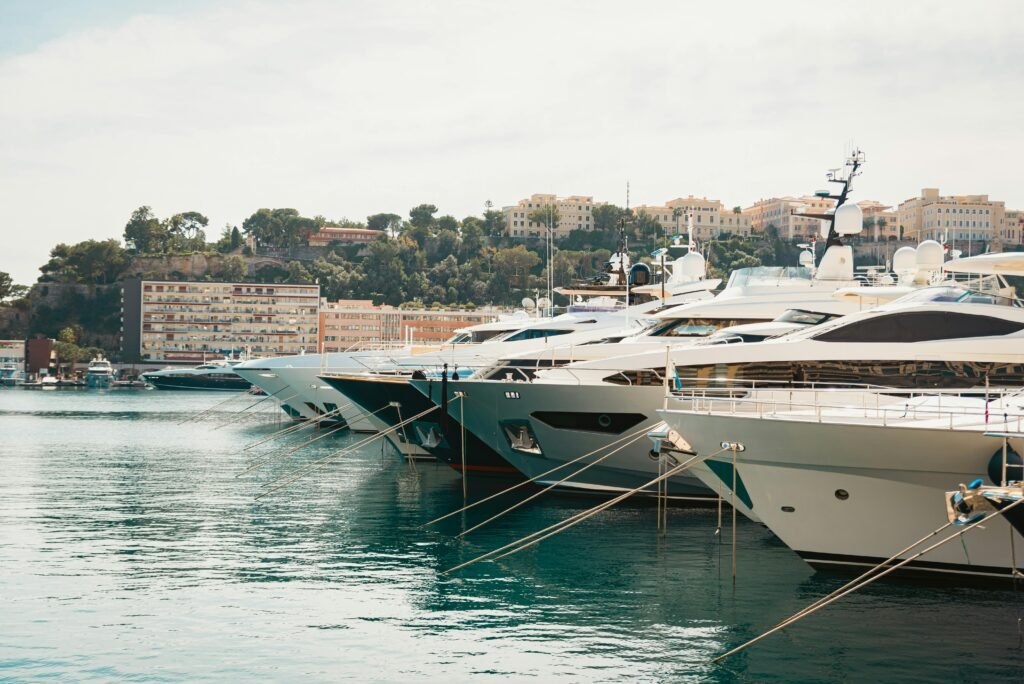
8. The Digital Edge
Even in a micro-state, digital presence is king. Monaco-based entrepreneurs often operate pan-European platforms requiring robust, multi-lingual websites.
Need world-class design?
Rakuzan.eu crafts custom, high-performance websites tailored for international founders—perfect for showcasing luxury brands or investor portfolios from Monaco to Madrid.
And for hosting? Keep your site lightning-fast and secure on Hostinger’s EU datacentres, featuring scalable resources and 24 / 7 expert support.
Disclaimer: This article is for informational purposes only and does not constitute financial, legal, or investment advice. Always consult qualified professionals before making relocation or tax decisions.



